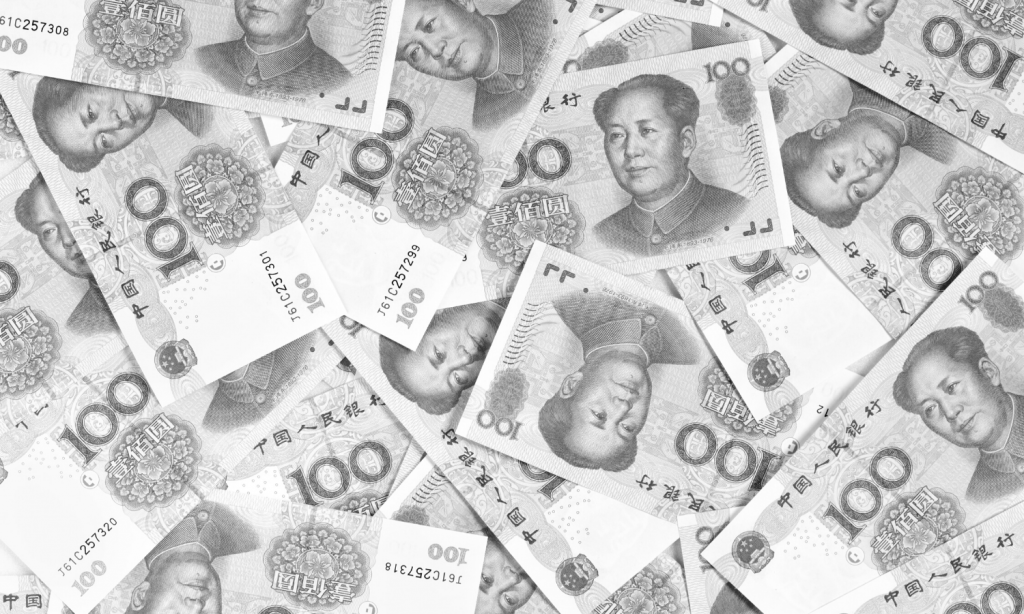Relations between Croatia and China in the last three decades were stale despite many efforts to intensify economic cooperation. Recently, the pace of political cooperation between the two countries has accelerated in the broader context of the so-called 17+1 initiative between China and the countries of Central and Eastern Europe and the Balkans.
In 2017, the first notable Chinese investment was realized in Croatia in the tourism sector. That same year, a Chinese consortium won a public tender partially financed by the European Union (EU). This implied that Croatia would be the first country in the EU to implement a politically important transport infrastructure project with a Chinese contractor using European public funding. The development raised an important question of reviewing the Chinese presence in Croatia.
This paper provides a review of economic relations between Croatia and China, including trade and investment trends, followed by case studies of corrosive capital financing or financing affected by potential long-term Chinese political influence in Croatia. It also offers recommendations to counter corrosive capital and promote constructive capital influx into Croatia, with the private sector in mind. Other papers published in the Authoritarian Corrosive Capital in CEE series:
Matej Šimalčík | Oligarchs and Party Folks: Chinese Corrosive Capital in Slovakia and Czechia
Rumena Filipova | Danger Almost Deferred? Chinese Corrosive Capital in Bulgaria and RomaniaThe publication is supported by the Center for International Private Enterprise (CIPE). CIPE is not responsible for the content of this publication, or for any use that may be made of it. The views expressed herein are those of the author(s) alone. These views do not necessarily reflect those of CIPE.






